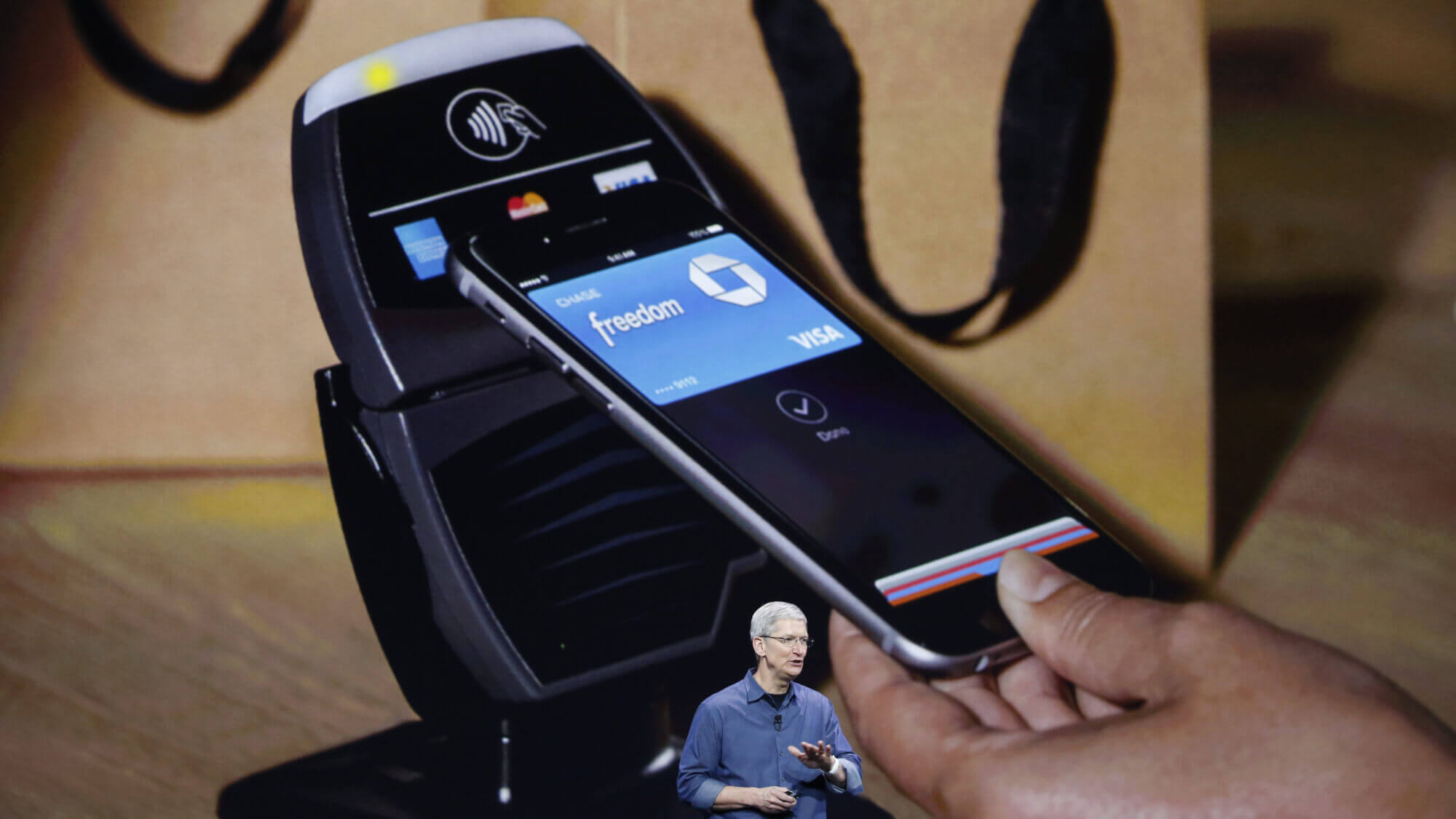US drugstore retailers CVS and Rite Aid have disabled NFC payments in-store dealing a blow to the new Apple Pay system.
Rite Aid was the first to ditch Apple Pay (and Google Wallet) support, following a trial in which customers had successfully completed transactions. Now, they were being declined. While neither company are official Apple Pay partners (so support was technically unofficial), the mobile payment system uses Near Field Communication (NFC) technology to make transactions – technology that contactless card readers are capable of utilizing, so transactions were being accepted for a time. However, according to MacRumors, customers were told Rite Aid would no longer accept Apple Pay or Google Wallet.
While neither company has specifically commented on the decision, it’s believed that their involvement with a consortium called the Merchant Customer Exchange and a competing mobile payments system titled CurrentC is the reason Apple Pay has been dropped. CurrentC, while not yet finished, is a huge venture supported by numerous major retailers that was borne out of a desire to side-step credit card processing fees.
Retailers are generally charged 2-3% on credit card transactions, by creating their own mobile payment system, retailers could fight these fees. The sheer number of companies involved, which includes Walmart, Target, Best Buy, and Shell Oil could at the very least give the group enough clout to renegotiate those fees.
CurrentC works via an app, which uses the customer’s phone camera to read a QR code off a cashier’s screen and vice versa. It only works through the app, rather than interfacing directly with hardware and features an additional step to each payment; a step that doesn’t exist within NFC mobile payment solutions .
While Apple’s solution doesn’t require the storage of data, CurrentC requires your Social Security Number and Driver’s Licence to be stored in the cloud and not on the device, which raises security questions about the service. This also applies to systems such as Apple’s Health data, which it collects. This is meant to be to give targeted advertising and discount offers to users, but storing sensitive data in the cloud will raise eyebrows.
The CurrentC app does exist, and is available in the App Store, but requires an invite code. TechCrunch has gotten hold of an invite and have given the app a full run down and have shown it to be somewhat unwieldy. While a line looks to have been drawn in the sand between those retailers and Apple Pay’s official partners, which includes McDonalds, Texaco and Wholefoods, it’s likely that we’ll see the situation develop considerably as more smartphones support mobile payments, and more stores support Apple Pay, even before CurrentC is officially launched – which is expected some time in early 2015.

